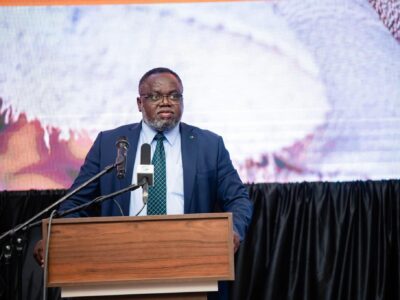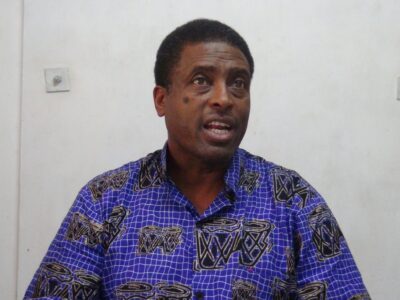The African Regional Organisation of the International Trade Union Confederation (ITUC) has asked both official and private creditors to swiftly prioritise and execute the restructuring of Zambia and other African countries debts.
ITUC-Africa General-Secretary, Akhator Joel Odigie, emphasised the need to finalise the debt treatment promptly under the G20 Common Framework.
In a statement issued in Lusaka on Sunday, Odigie observed a troubling imbalance in Africa’s budget-to-debt servicing ratio that hinders opportunities for financing essential social services.
He said the significant debt burden witnessed across the continent was partly attributed to irresponsible creditor behaviour driven by an insatiable pursuit of excessive profit.
“This was particularly evident during the COVID-19 pandemic, where reckless lending occurred with little tangible outcomes from the loans,” Odigie stated.
He added that ITUC-Africa was gravely concerned by the conspicuous absence of transparency in the contracting, utilisation and management of loans by borrowing governments.
Odigie stated that the current state of African debt distress not only contributes to social and economic exclusion but also exacerbates poverty and inequality and fuels tension and discontent.
“The harsh servicing obligations attached to high levels of debt have palpable negative impacts on vital social protection enablers, such as infrastructure, education, health, agriculture, water and sanitation funding,” he said.
Odigie argued that the limited resources for these essential needs further accentuate the population’s suffering.
He stated that as observed in Zambia, delays in restructuring had severe consequences on the economy, leading to high inflation and a high cost of living.
Odigie emphasised the need for consensus between official and private creditors to ensure fair and equitable debt treatment.
“The lack of consensus, as evident in Zambia’s situation, negatively impacts its citizens. Additionally, ITUC-Africa urges the International Monetary Fund (IMF)to consider reforms that prioritise human-centric fiscal management,” he advised.
Odigie stated that these reforms aim to mitigate the adverse effects of debt distress on workers and the general citizenry.
He called for amicable debt servicing and repayment arrangements that do not compromise debtor countries’ abilities to address poverty and inequality, including exploring options for debt forgiveness.
“ITUC-Africa acknowledges the significant efforts made by the Zambian government, including the enactment of the Public Debt Management Act and the recent agreement with the Official Creditor Committee (OCC),” Odigie said.
Read More: Fitch projects Zambia, Ghana to emerge from default on foreign-currency debt in 2024
He however recommended for the establishment of a dedicated Public Debt Management Office to enhance oversight, transparency, and accountability, reinforcing the positive steps taken with enacting the Public Debt Management Act.
Odigie emphasised the urgent need for collaborative efforts from all stakeholders to address the looming threat of debt distress in Africa, especially in the Zambian case.
“The call for debt restructuring aims to secure economic stability and protect the socioeconomic rights of Zambians and Africans,” he said.
WARNING! All rights reserved. This material, and other digital content on this website, may not be reproduced, published, broadcast, rewritten or redistributed in whole or in part without prior express permission from ZAMBIA MONITOR.












Comments